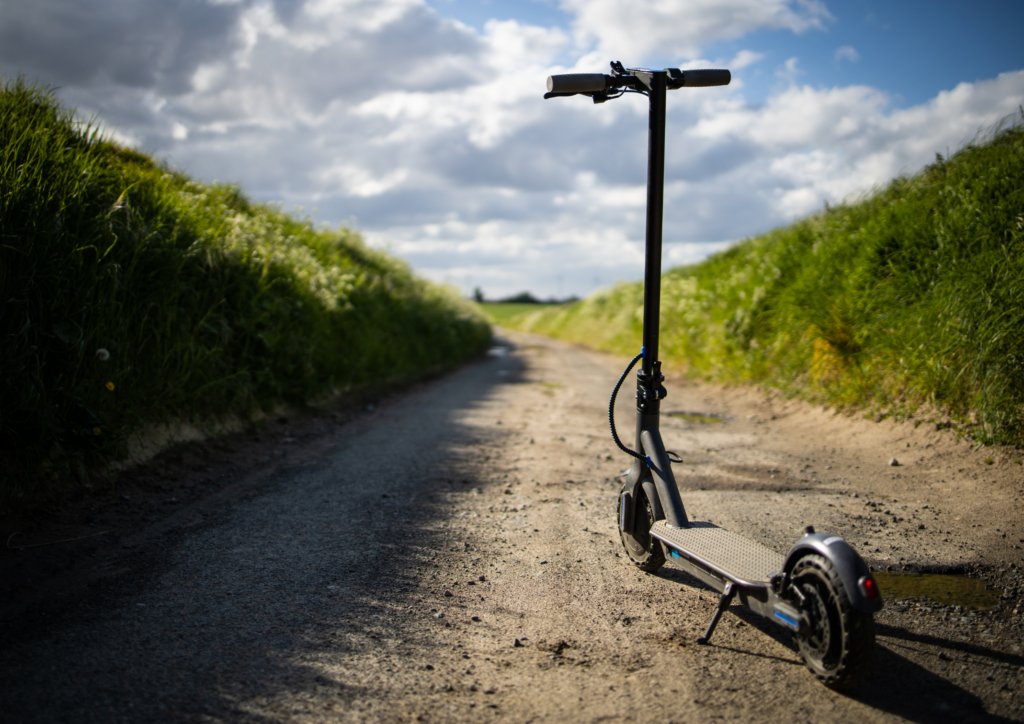
In an era rife with concerns about carbon emissions and environmental degradation, the quest for more sustainable modes of transportation has gained unprecedented momentum. E-bikes and E-scooters have made a striking entry into the world of eco-friendly mobility, promising reduced carbon footprints and a greener tomorrow. But are they truly eco-friendly alternatives or simply a facade of sustainability? Let’s delve into the environmental impact of these futuristic rides to uncover the truth behind their green credentials.
Zero Emissions: A Promising Outlook
E-bikes and E-scooters stand out as compelling options for eco-friendly commuting due to their zero-tailpipe emissions. Unlike conventional internal combustion engine vehicles, these electric-powered machines do not emit harmful pollutants such as carbon monoxide, nitrogen oxides, and particulate matter during operation. This feature alone positions them as vital players in the fight against air pollution and global warming, making a decisive impact on urban air quality and public health.
Energy Efficiency: Redefining Sustainable Transportation
Another aspect that positions e-bikes and e-scooters on the green podium is their commendable energy efficiency. The electric propulsion systems utilized by these vehicles boast high energy conversion rates, translating into lower energy consumption per mile compared to their gasoline-powered counterparts. Moreover, advancements in battery technologies and regenerative braking systems further enhance their eco-credentials by ensuring minimal energy wastage during operation. This amalgamation of energy-efficient components solidifies their status as true contenders in the realm of sustainable transport solutions.
Lifecycle Environmental Impact: Unveiling the Complete Picture
Beyond their on-road performance, it is essential to consider the broader environmental impact encompassing the entire lifecycle of e-bikes and e-scooters. This entails scrutiny of their manufacturing processes, material sourcing, battery production, and eventual disposal. While their operational phase prides itself on eco-friendliness, the manufacturing and disposal stages may reveal a more nuanced narrative. A holistic assessment must take into account factors such as resource depletion, energy intensity, recycling capabilities, and end-of-life disposal, thereby highlighting the need for sustainable manufacturing practices and responsible end-of-life management to align with their green aspirations.
Urban Mobility Revolution: Implications for Sustainable Cities
The proliferation of e-bikes and e-scooters has catalyzed a paradigm shift in urban mobility, offering viable alternatives to traditional gasoline-powered modes of transport. This surge of micro-mobility solutions has the potential to alleviate traffic congestion, cut down commuting times, and foster a more sustainable urban ecosystem. By promoting last-mile connectivity and reducing reliance on private automobiles, these electric two-wheelers contribute to a greener urban landscape, reaffirming their role as catalysts for sustainable urban development and environmentally conscious mobility.
Conclusion: Beyond the Horizon: Navigating the Future of Eco-Friendly Transport
As we unravel the eco-friendliness of e-bikes and e-scooters, it becomes evident that they hold substantial promise as environmentally sustainable modes of transportation. Their zero emissions, energy efficiency, and transformative impact on urban mobility paint a compelling picture of their potential to reshape the transportation landscape for the better. However, the multi-faceted nature of their environmental impact calls for a comprehensive approach to sustainability, necessitating advancements in eco-friendly manufacturing, sustainable materials, and circular end-of-life practices. The road ahead beckons with opportunities to leverage technology and innovation for a truly green revolution in transportation, establishing e-bikes and e-scooters as integral pillars of a cleaner, greener future!

I’m glad the blog post touched on the sustainable manufacturing practices part, often overlooked in the e-bike e-scooter hype.
Hi Amelia, thank you for reading our blog post and sharing your thoughts! We completely agree with you that sustainable manufacturing practices are essential for the eco-friendliness of e-bikes and e-scooters. At Eko Life Malaysia, we strive to work with suppliers who adhere to environmentally responsible manufacturing processes. If you’d like to know more about our sustainable practices or have any questions, please feel free to reach out to us at [email protected] or +60 3-7890 3042.
E-bikes and e-scooters do offer exciting alternatives to our daily commutes, but what about the supporting infrastructure we need to make them widespread and user-friendly?
Hello Nadia, I completely agree with you about the importance of supporting infrastructure for e-bikes and e-scooters. Well-developed bike lanes, sufficient charging points, and accessible parking facilities are crucial for creating a user-friendly experience. At Eko Life Malaysia, we recognize the significance of this infrastructure in promoting widespread adoption and encourage our customers to provide feedback on the current infrastructure in their areas. If you’d like to discuss further or have any suggestions, please feel free to drop us an email at [email protected] or give us a call at +60 3-7890 3042.
The zero emissions part makes me want to ditch my car and bike to work, but the environmental impact of the lithium ion batteries concerns me. Hope the manufacturers address that ASAP.
Hi Jasper, we completely understand your concern about the lithium-ion batteries. At Eko Life Malaysia, we value sustainability and follow the latest technological advancements to minimize the environmental impact of our e-bikes and e-scooters. Our products are designed with recyclable materials and our servicing team is dedicated to proper maintenance and disposal of batteries. You can find more information on our website or contact us directly at [email protected] or +60 3-7890 3042 for more details. We’re committed to making eco-friendly transportation accessible and responsible.